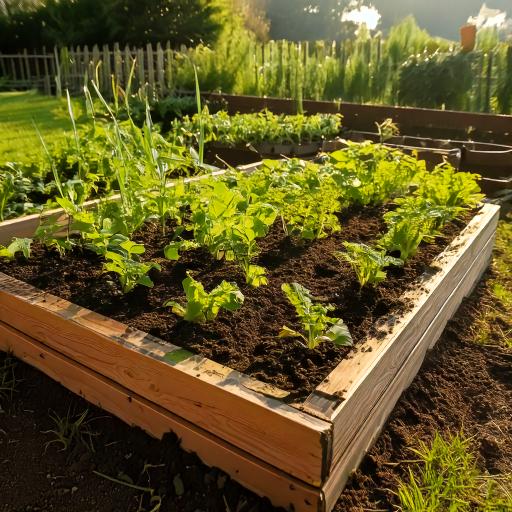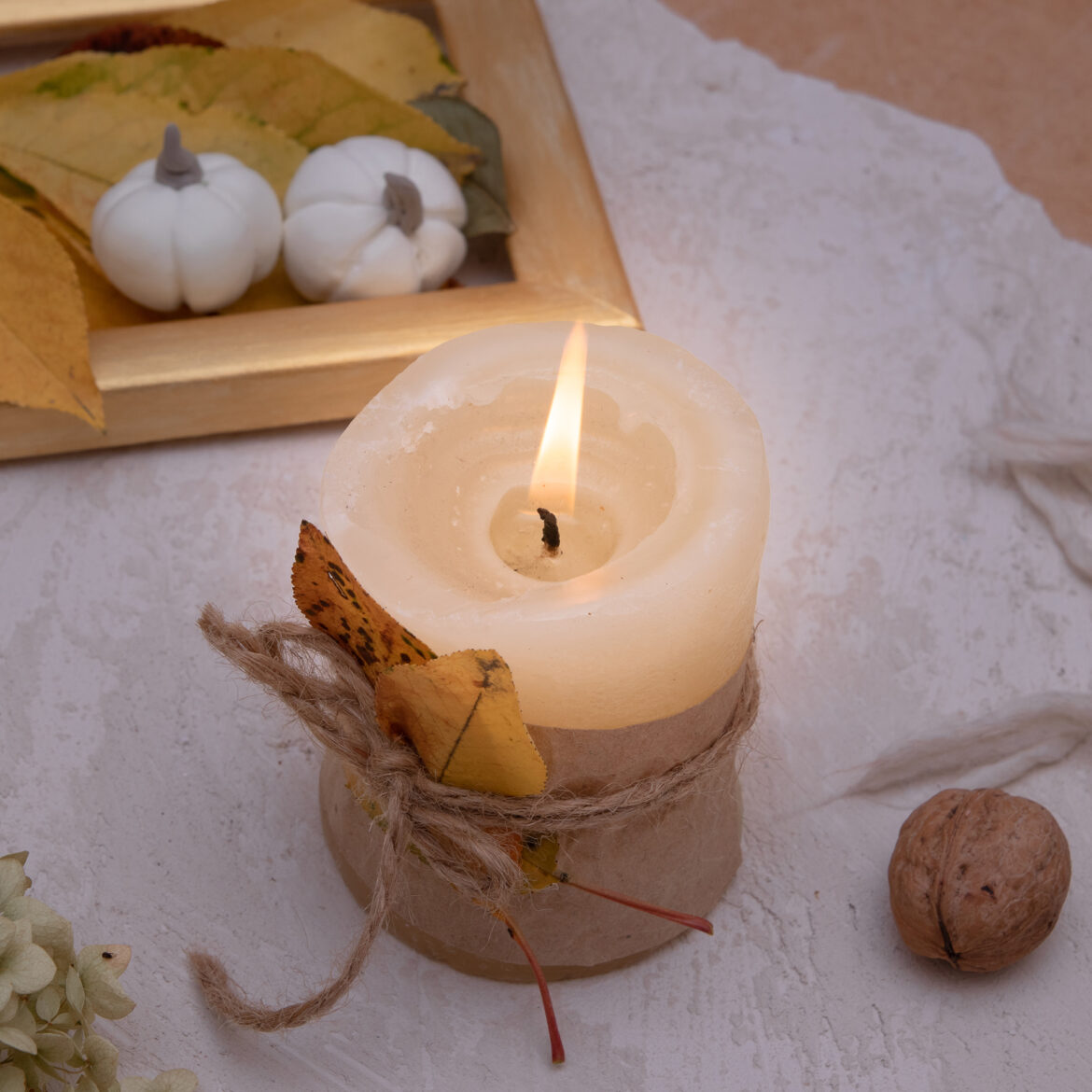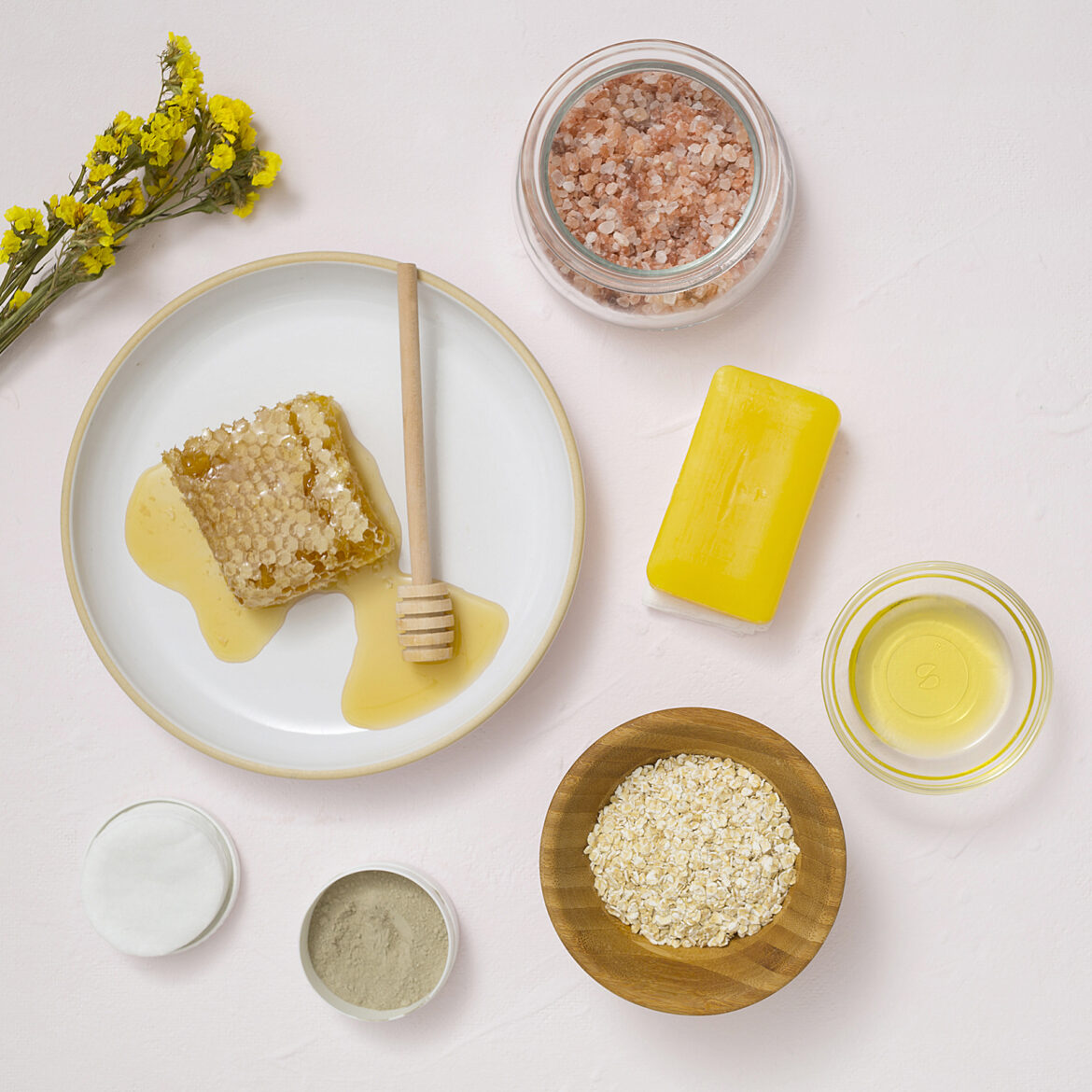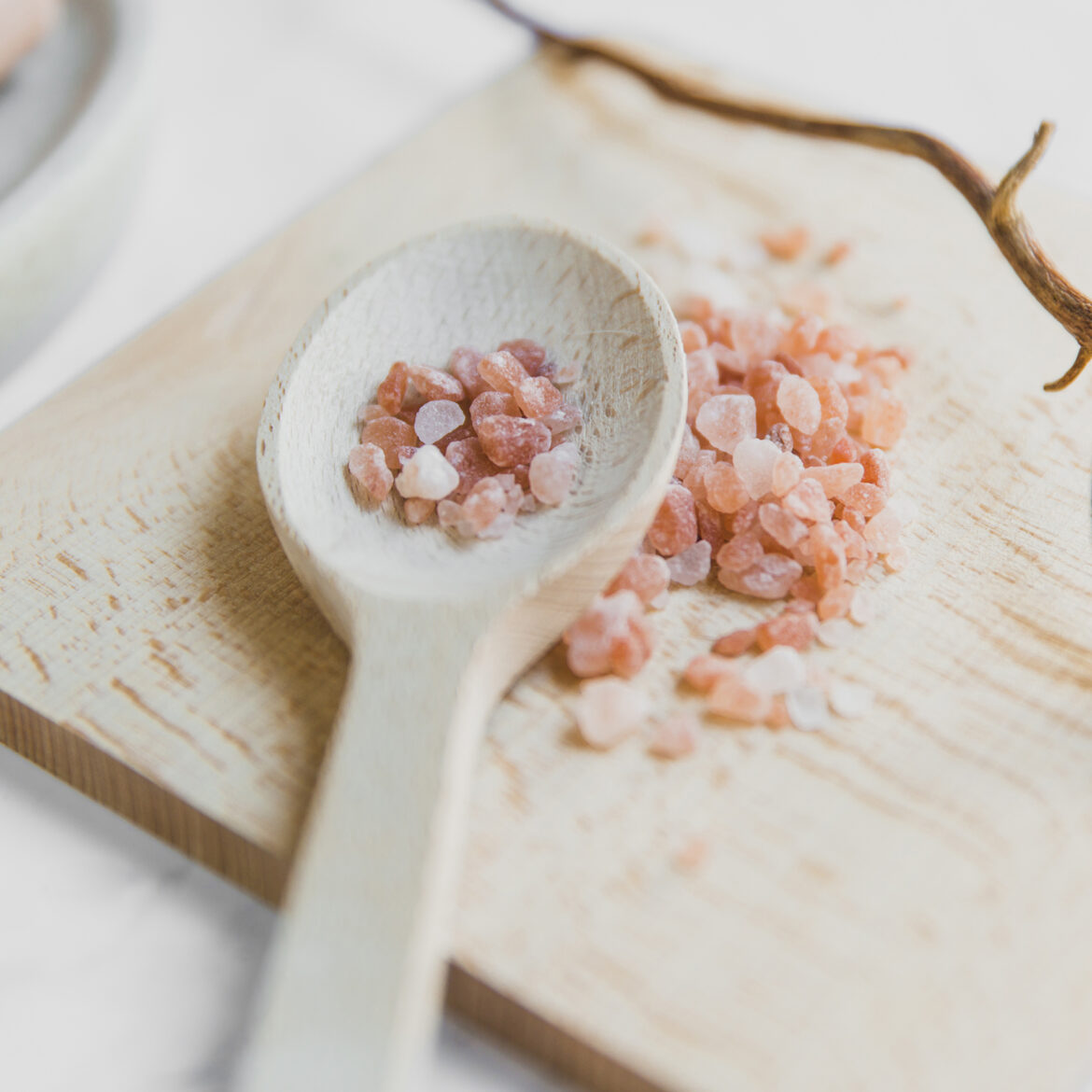The Joy of Gardening: Beginner Tips to Cultivate Your Green Thumb
Gardening is a rewarding hobby that brings beauty, relaxation, and even fresh produce to your life. Whether you’re a seasoned gardener or just starting out, cultivating your green thumb is easier than you think. Here are some beginner-friendly tips to help you embark on your gardening journey.
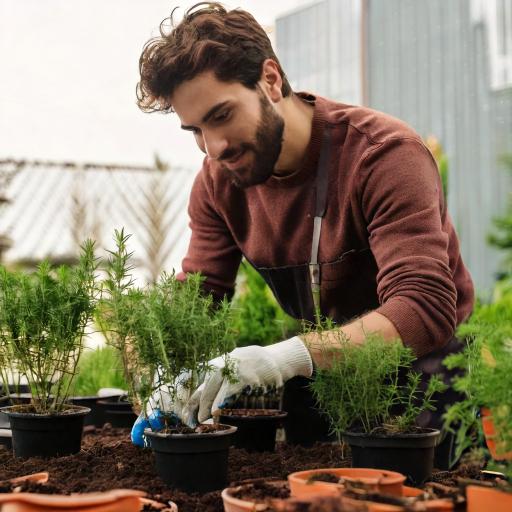
Start Small
- Begin with a small plot or a few pots to avoid feeling overwhelmed.
- Choose plants that are easy to grow, such as herbs (basil, mint, parsley) or hardy flowers (marigolds, petunias).
Pro Tip: Container gardening is an excellent choice for beginners and requires less space and maintenance.
Understand Your Soil
- Healthy plants start with good soil. Test your soil to determine its pH and nutrient levels.
- Add compost or organic matter to enrich your soil and promote healthy plant growth.
Bonus Tip: Invest in a soil-testing kit for accurate results.
Know Your Zone
- Research your local growing zone to identify plants suited to your climate.
- Understanding frost dates and seasonal weather patterns helps ensure your garden thrives.
Helpful Resource: Use a planting calendar tailored to your region.
Choose the Right Location
- Most plants need at least 6 hours of sunlight daily.
- Observe your garden area to find the best spot with adequate light and good drainage.
Pro Hack: Use reflective surfaces like mirrors to direct sunlight to shaded areas.
Water Wisely
- Water your plants deeply and consistently, especially during dry spells.
- Avoid overwatering, as it can lead to root rot and fungal diseases.
Gardening Hack: Use a drip irrigation system or self-watering pots for consistent moisture levels.
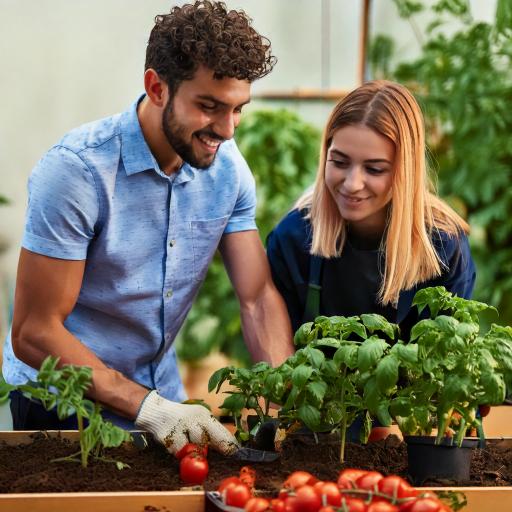
Learn About Companion Planting
- Pair compatible plants together to improve growth and deter pests.
- Examples:
- Plant marigolds near vegetables to repel harmful insects.
- Grow basil with tomatoes for better flavor and pest resistance.
Creative Idea: Create a companion planting chart for easy reference.
Embrace Organic Practices
- Avoid harsh chemicals and opt for natural pest control methods.
- Use neem oil, diatomaceous earth, or homemade sprays to combat pests.
- Introduce beneficial insects like ladybugs and bees to your garden.
Eco Tip: Start a compost bin to recycle kitchen scraps into nutrient-rich soil.
Regular Maintenance Is Key
- Prune dead leaves and stems to encourage new growth.
- Weed your garden regularly to prevent competition for nutrients.
- Mulch your soil to retain moisture and suppress weeds.
Time-Saving Tip: Spend 10-15 minutes daily inspecting your garden for any issues.
Grow What You Love
- Focus on plants that bring you joy, whether it’s vibrant flowers, fragrant herbs, or homegrown vegetables.
- Gardening is more rewarding when you grow what you’re passionate about.
Fun Idea: Dedicate a section of your garden to your favorite seasonal blooms.
Patience and Observation
- Gardening is a process, and plants take time to grow.
- Pay attention to how your plants respond to different care routines and adjust as needed.
Pro Insight: Keep a gardening journal to track your successes, challenges, and seasonal changes.
Conclusion
Gardening is a journey of learning, patience, and connection with nature. Whether you’re growing a few herbs on your windowsill or cultivating a lush backyard garden, the rewards are endless. Start small, enjoy the process, and watch your garden (and your skills) bloom!


